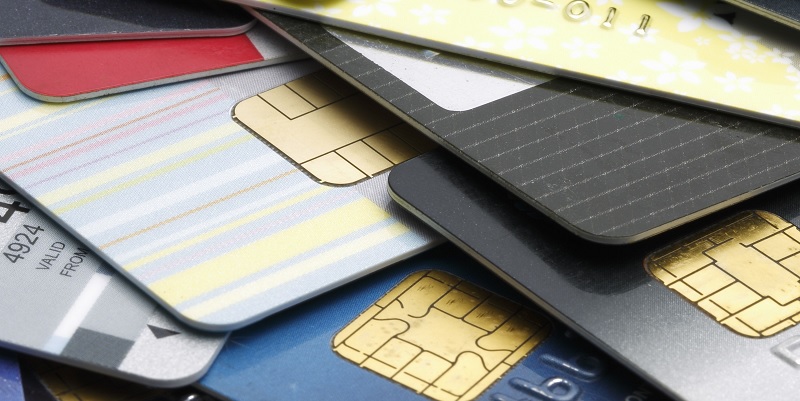 An FSA card is the debit card that allows you to access money in your flexible spending account. This is an account that is set up alongside your health insurance, and you can choose to have pretax dollars from your paycheck routed into it. Those funds can then be used to pay for certain qualifying medical expenses.
An FSA card is the debit card that allows you to access money in your flexible spending account. This is an account that is set up alongside your health insurance, and you can choose to have pretax dollars from your paycheck routed into it. Those funds can then be used to pay for certain qualifying medical expenses.
These cards are different than the normal debit card so in this guide we will breakdown when to use each card and some key tips about using the card.
 |
 |
What Are the Benefits of an FSA?
The biggest benefit of a flexible spending account (FSA) is that it can reduce how much you pay in taxes. You don’t pay taxes on the money that is deposited into this account out of your paycheck. If you know you’ll spend all of the money on qualifying expenses within the time period required, you can cover medical costs you’d already have to pay for while lowering your tax burden.
Some people also like FSAs because they lighten the burden of health care costs throughout the year. If you put money from every paycheck into the FSA savings account, then it may be easier for you to pay for prescriptions, copays and deductibles later.
How Does a FSA Debit Card Work?
Flexible spending account options may be offered alongside your employer-sponsored health plans. They are also sometimes an option when you purchase insurance in the health care marketplace. However, you must choose to enroll in the FSA plan—it’s not an automatic pafrt of your coverage, even when it’s available.
Once you fund your FSA, you can use the account to pay for eligible medical expenses or buy eligible qualifying products. One way of doing so is by using your FSA card just as you would use any debit or credit card at check out.
Remember to only use your FSA on eligible expenses, and keep your receipts and another backup. If you’re ever audited, the IRS may ask you to prove that you used your FSA money for approved spending.
When to Use an FSA Debit Card
Use your FSA card to pay for health expenses you don’t want taken from your regular bank account. This can make it easier to manage your budget. Looking ahead to next year, you can use the card even if your bill is larger than the amount of your year-to-date FSA payroll deductions. Say you have a surprise emergency room visit in January and need to pay $400 out of pocket for your copay, prescriptions and medical equipment. The FSA card is there for you, provided you signed up for at least $400 to be deducted from your paychecks throughout the year. In this case, there’s no need to take cash from your emergency fund.
Using an FSA debit card can also reduce claims paperwork. Many merchants that accept the cards have inventory systems that communicate with the customer’s employer’s plan administrator so eligibility information is sent electronically.
When to Use a Bank Debit Card
You will likely have to use a personal debit card or other form of payment if you have an eligible expense from a provider that doesn’t have the required inventory system. Ask your provider if they accept FSA debit cards. If they don’t, your FSA debit transaction might be declined.
Another reason to use a debit card, or even a credit card, is to maximize any available perks. Your FSA account will reimburse you for expenses — you’ll only have to file a claim — and for that effort, you could earn points, miles or cash back.
Conclusion
There are times to use an FSA card, and other situations when it makes sense to use your personal debit card. The most important thing is to make sure you spend all the money in your FSA account for the year.
If you have a flexible spending account, it’s in your best interest to take advantage of it by spending the funds before you lose them.
Additionally, If you are interested be sure to check out our list of bank bonuses, saving rates and CD rates!


